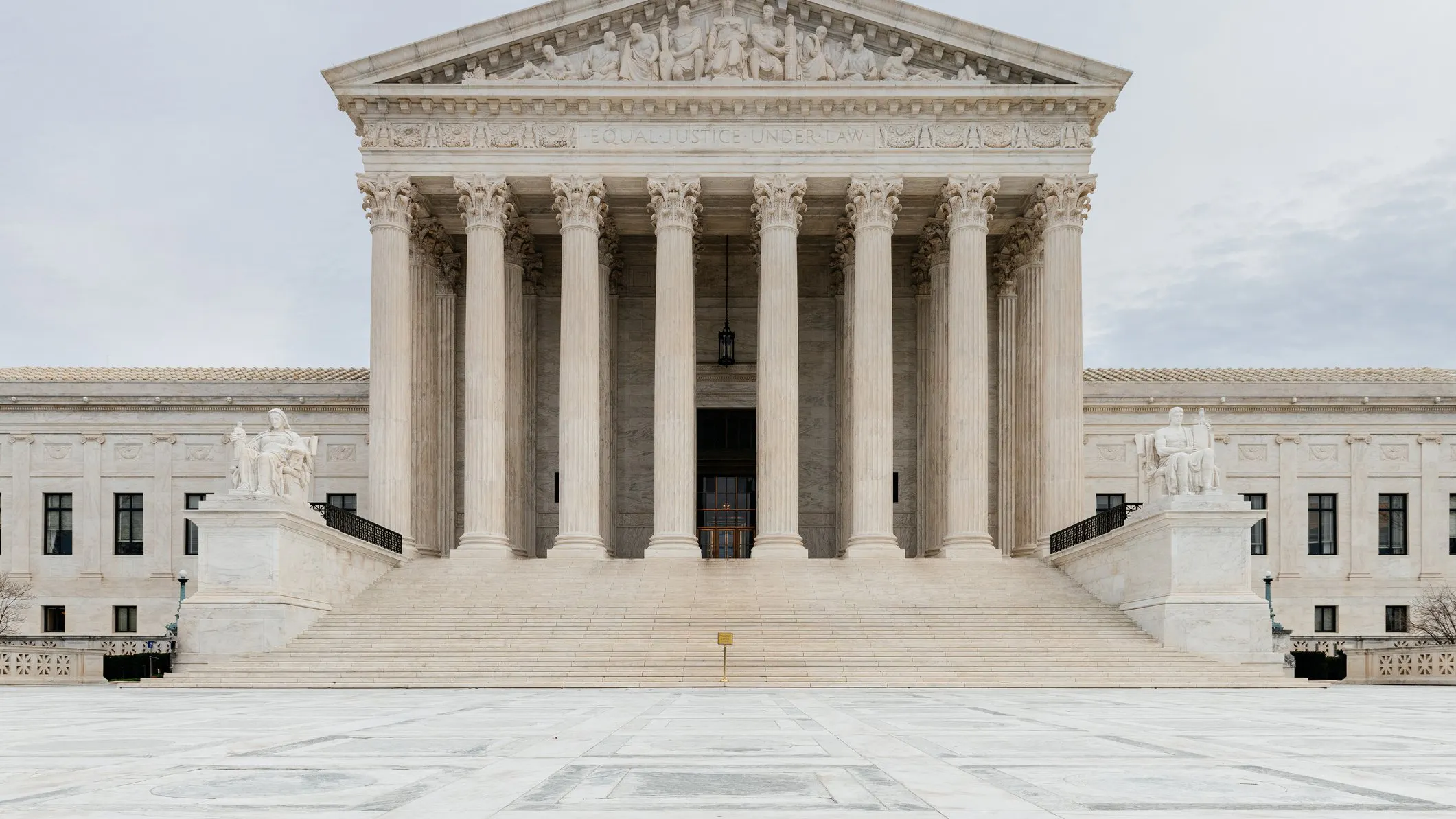Today, the Supreme Court will hear oral arguments in Espinoza v. Montana Department of Revenue. Kendra Espinoza challenged a state constitutional provision, known as a “Blaine Amendment,” which requires the state to exclude religious schools from scholarship programs. Espinoza argues that she has a First Amendment right to use the scholarship funds to send her daughters to a religious school, so long as the school meets the program’s other requirements.
If Espinoza prevails, the impacts will extend beyond Montana. Thirty-seven other state constitutions contain similar Blaine Amendment-type provisions. Declaring these amendments unconstitutional could alleviate the burden that day school tuition imposes on many Jewish (and Christian) parents by allowing them to take advantage of school choice programs. Many Jewish communal organizations supported this result. But inexplicably, some Jewish groups opposed it. In light of such organizations’ opposition to a position that would benefit Jewish parents, American Jews should determine for themselves whether those group’s interests align with their own.
Espinoza has a strong legal basis for her claims. The Supreme Court recently indicated that excluding a religious organization “from a public benefit for which it is otherwise qualified, solely” because it is religious “is odious to our Constitution … and cannot stand.” The Supreme Court should strike down Montana’s Blaine Amendment based on the same reasoning.
In light of the potential benefits. many Jewish organizations supported Espinoza’s position. The Jewish Coalition for Religious Liberty (JCRL) — for whom I serve as general counsel — filed a “friend of the court brief” highlighting the impact that this case might have for the Jewish community. JCRL explained the importance of religious schools to many Jewish families and the “Hobson’s choice” many Jewish parents face “between their financial security and their community’s religious continuity.” It highlighted the ways in which a positive ruling might lessen that burden — by increasing funding available to Jewish parents.
The JCRL was not alone in supporting Espinoza’s position. Agudath Israel submitted a brief indicating that “the constitutional principle that this case could establish … has great significance” for the Jewish community. The Orthodox Union (OU) joined a brief explaining that “the overwhelming majority of [religiously observant Jews] choose to send their children to Jewish nonpublic schools,” and that a ruling for Espinoza would ensure the “equal treatment of all students in access to private education.” The executive vice president of the OU explained that a ruling in favor of Espinoza would “solidify the long-term beneficial impact” of many state aid programs that the organization has supported.
Unfortunately, not all Jewish communal organizations were in harmony. Organizations including the Anti-Defamation League (ADL), Men for Reform Judaism, the National Council of Jewish Women, The Central Conference of American Rabbis, and Women of Reform Judaism supported maintaining the Blaine Amendment. These groups joined a brief, which was also signed by Americans United for Separation of Church and State, that favored allowing discrimination against religious schools. It seems odd that such groups would support a law obligating states to discriminate against Jewish day schools, but they did.
The Montana Association of Rabbis (MAOR) filed its own brief that presented the most troubling arguments for the other side. The Montana rabbis’ brief preferences depriving its Christian neighbors of student aid funding over advocating for a religiously neutral position that would benefit Jewish parents. MAOR goes further than merely arguing that Montana may legally choose to discriminate against religious schools. It argues that Montana must discriminate against religious schools in order to avoid violating the First Amendment’s Establishment Clause. If the Supreme Court were to accept this position, it would threaten state aid to religious schools, organizations, and individuals in every state — not merely those with Blaine Amendments.
MAOR argues that the Supreme Court should adopt its draconian and legally dubious position because “the demographics of Montana mean that the only religious schools eligible to benefit from the state’s tax-credit program are Christians.” This outcome would be true solely because of the demographics of Montana — there is no evidence that the program would ever intentionally discriminate in favor of Christian schools. In other states, non-Christian schools would clearly benefit. But the Montana rabbis would deny Jews nationwide this benefit in order to avoid benefiting Christians in Montana.
MAOR seems either not to realize or care that the ruling in this case will affect parents nationwide, including those in states with large Jewish populations and many Jewish schools. It is short-sighted, to say the least, to ask the Supreme Court to reinterpret the First Amendment to require states to discriminate against religious organizations simply to deprive Christian parents of a benefit in a single state.
Other groups, such as the ADL, joined a less extreme brief which argued the Supreme Court should reject “arguments for a right to funding of religious education on an equal basis with private secular education.” As a necessary result of this position, states would be allowed to discriminate against religious schools (and individuals) solely because of their faith even if they qualified for state funding in every other way. That brief approvingly cites a delegate to the Montana Constitutional Convention of 1889 who stated that “[i]f we cannot support our private schools, then it’s our own fault.” Suffice to say that many Jewish parents struggling to pay for their children’s tuition at a private Jewish school would likely disagree.
The Montana Association of Rabbis is free to make denying state benefits to Christians their primary concern. The ADL is welcome to adopt pursuing a secular public square and an impenetrable “wall of separation” between church and state as a goal. But American Jews should be aware of their motivations and should question how closely such groups can truly be said to represent their interests.
Howard Slugh is the General Counsel of the Jewish Coalition for Religious Liberty.

.png)
.png)

